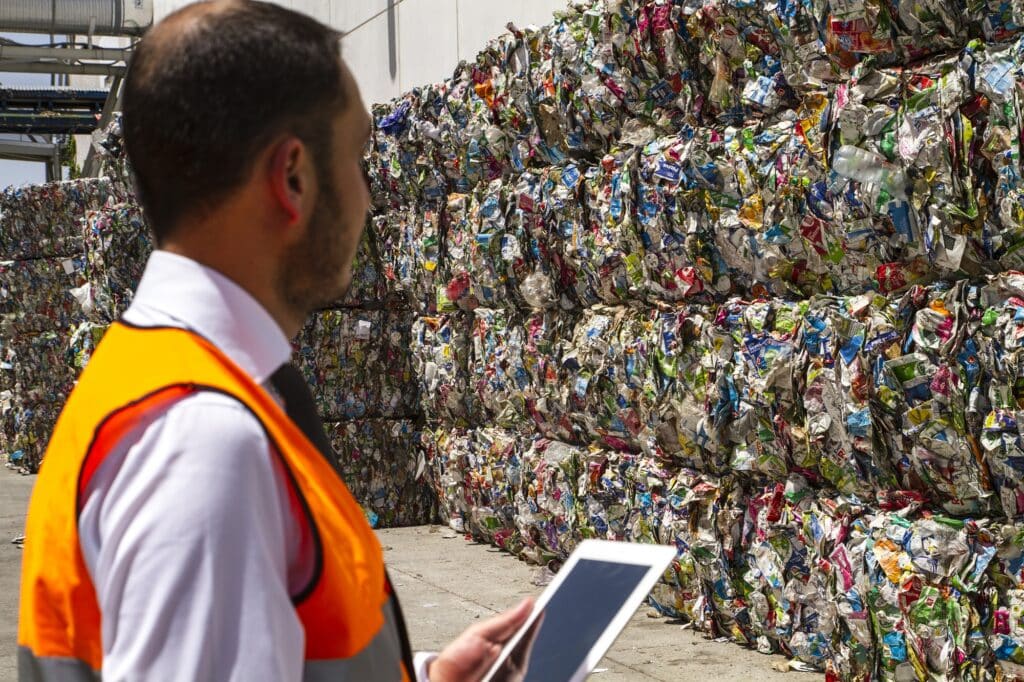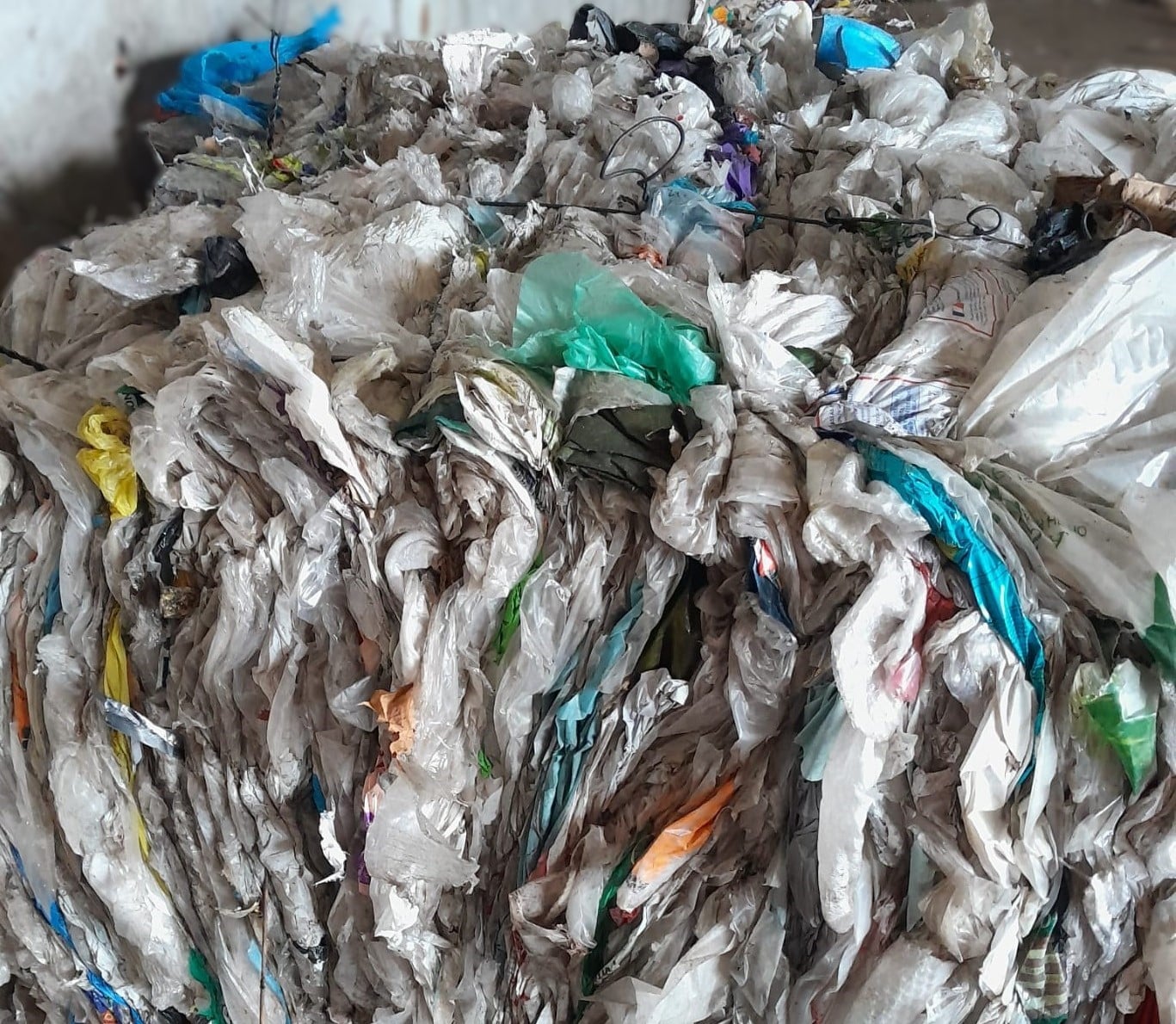
PreZero sees a better world in which companies work in harmony with the world around us. The company strives to reshape the future into a functioning circular economy by taking responsibility for the waste they produce and protecting our valuable resources. To achieve this, PreZero promotes sustainable innovations and rapidly grows them into industry-scale solutions.

PreZero is the environmental division of the Schwarz Group, which includes the trading companies Lidl and Kaufland, with international presence in 10 countries.
In Spain and Portugal, PreZero is one of the leading companies in the environmental services sector, offering the latest advanced solutions in essential urban services, waste treatment and circular economy, both for public and private clients.
“We are present in more than 1,000 municipalities providing urban cleaning and waste collection services to 12 million citizens and operating more than 130 treatment and recycling plants, including sorting, composting, anaerobic digestion, biomethane production, and landfills, explains María Teresa Martín Martín, Innovation Coordinator at PreZero.

She adds: “We process more than 7.5 million tons of waste and recover more than 702,000 tons of waste per year.”
How PreZero contributes to Plastics2Olefins
In the Plastics2Olefins project, PreZero is mainly involved in Work Package 2 (WP2) as plastic waste feedstock provider. Different streams of the mechanical treatment plant of municipal solid waste and light packaging plastic waste are being analysed in order to assess its feasibility as raw materials for the pyrolysis process under development in the project.
A complete characterization of these fractions allows to evaluate if materials meet the requirements for pyrolysis as well as to define those that will maximize the olefins production.
“Once analysed and tested in the pyrolysis pilot plant, those which show the best behaviour and higher olefin yields will be selected to feed the demo plant in Puertollano,” notes Martín.

Impact from Plastics2Olefins
Successful results of the project will provide a new alternative for waste management aligned with the circular economy concept.

“This innovative solution will allow us to handle complex and hard-to-recycle plastics that would otherwise end up in landfills due to a lack of technological and economical feasible solutions. By breaking down plastic waste into its basic chemical components as olefins, this technology enables the production of new, high-quality materials, reducing the overall volume of waste and promoting a more circular economy,” says Martín.
This new concept not only contributes to a circular economy model, extending the life cycle of plastics, but also reduces disposal costs and extends the life of landfills helping to meet environmental regulations and sustainability goals creating more efficient and sustainable waste management practices.
